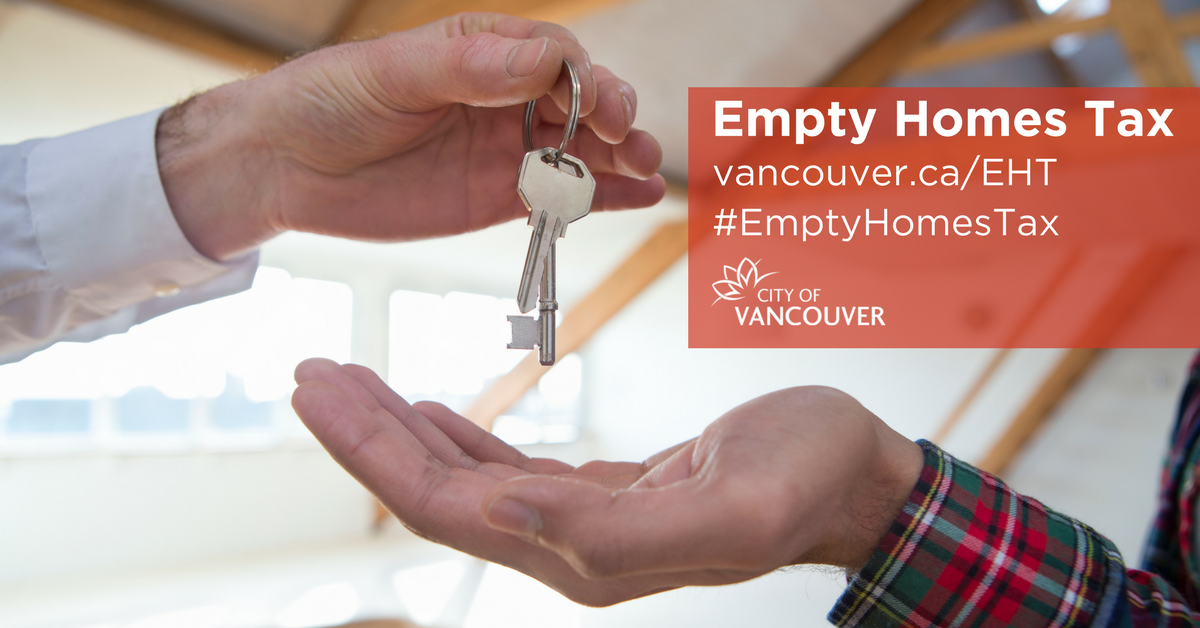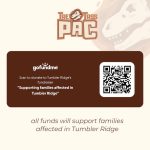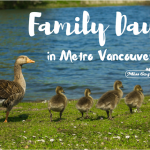Vancouver’s Empty Homes Tax
The Empty Homes Tax was enacted by Vancouver City Council in response to the city’s housing crisis. The tax is intended to increase rental housing supply by putting empty and under-used properties to use as long-term rental homes for people who live and work in Vancouver.
In Vancouver, every owner of residential property will have to make a property status declaration for the 2017 calendar year. In December, owners will receive instructions outlining how to make this declaration, which will be due by February 2, 2018. Here’s more information about the Empty Homes Tax and what it means to you:
Vancouver’s Empty Homes Tax
What you need to know
Own a home in Vancouver? If it is not your principal residence, eligible for an exemption, or rented out for at least six months in 2017, it will be subject to the Empty Homes Tax – a 1% tax on the property’s assessed value.
What if my home is vacant or occasionally-used?
Take the City’s online questionnaire to find out if the tax applies to you. If it does apply, you’ll need to rent out your place to a tenant no later than July 1, and it must remain occupied for the remainder of 2017 in order to be excluded from the tax. (Homes must be tenanted for a minimum total of six months, in periods of 30 or more consecutive days).
To find helpful information about becoming a landlord, or a property management company to rent out your home, please visit landlordbc.ca or pama.ca
If I don’t have to pay the tax, do I still have to declare my property status?
Yes – every owner of residential property will have to make a property status declaration for the 2017 calendar year. In December, you will receive instructions outlining how to make this declaration, which will be due by February 2, 2018.
What is a principal residence?
A principal residence is defined as: “… the usual place where an individual lives, makes his or her home and conducts his or her daily affairs, including, without limitation, paying bills and receiving mail, and is generally the residential address used on documentation related to billing, identification, taxation and insurance purposes, including, without limitation, income tax returns, Medical Services Plan documentation, driver’s licenses, personal identification, vehicle registration and utility bills.”
Still not sure if the tax applies to you?
Complete the online questionnaire to find out!
For more information about the Empty Homes Tax, follow the City of Vancouver on Twitter, Instagram, and Facebook along with the tag #EmptyHomesTax. You can also call 3-1-1 or (604) 873-7000.











